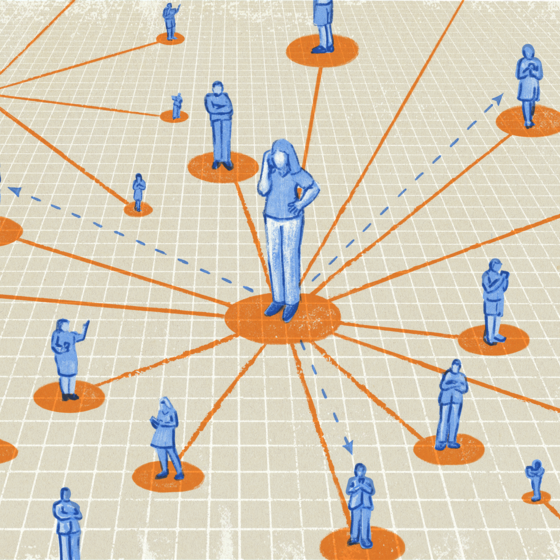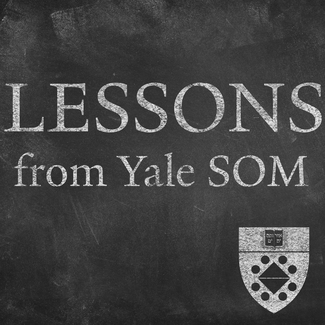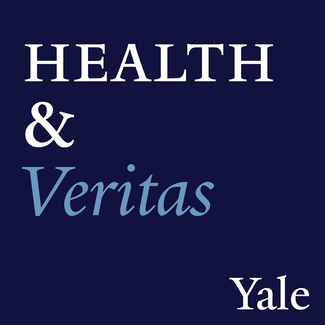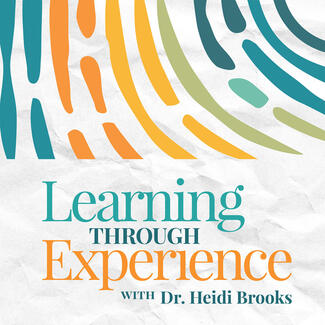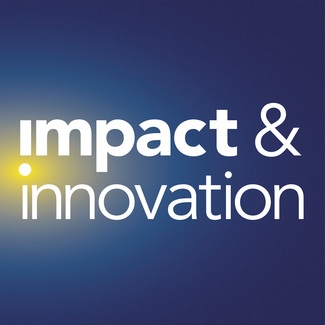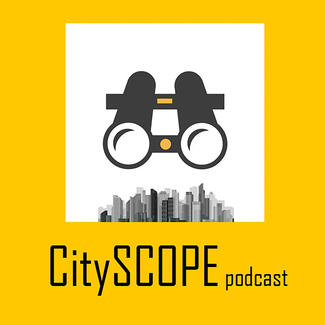Ideas from the Yale School of Management
Current stories
How Should Companies Talk About Tariff-Driven Price Hikes?
We asked Yale SOM marketing expert Nathan Novemsky how firms can best communicate with customers about changes forced by the Trump tariffs.



Podcasts
Climate and Investing
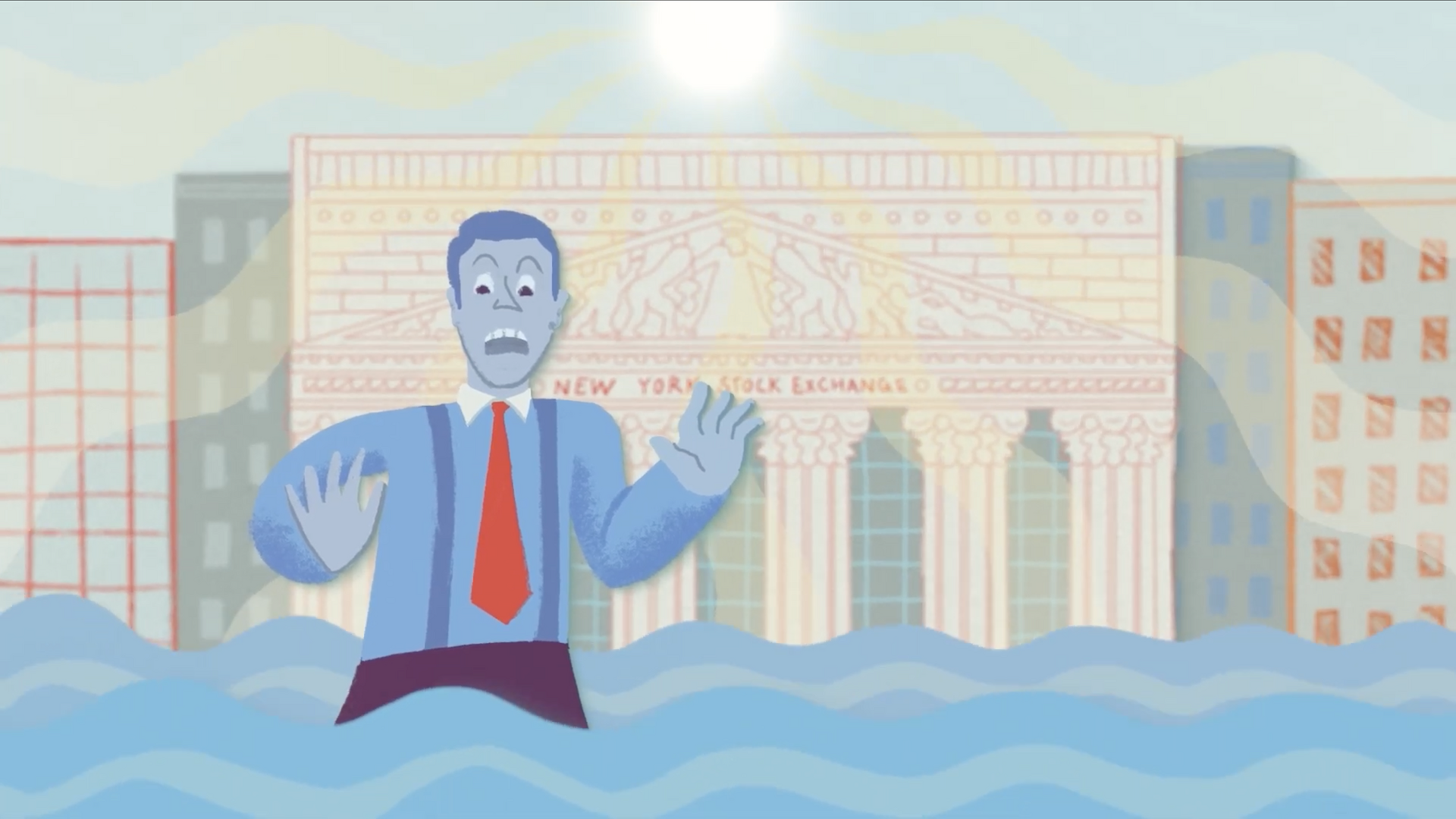
Can We Do Business in Space?
Two decades into the era of private space flight, companies are establishing ventures in low-earth orbit, sending private citizens into space, and pursuing exploration and development on the moon and beyond. We talked to Yale alumni and other leaders about how finance, law, and other day-to-day details of business get translated into space.
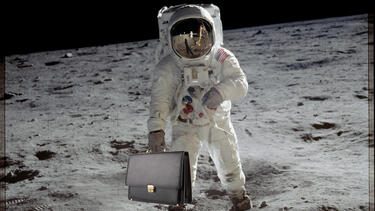
Are You Ready for AI?
Of the many technologies that have changed our lives since the invention of the microchip, generative AI may have had the most dramatic debut. ChatGPT is likely the fastest-growing internet service ever, and every major tech company is scrambling to incorporate Large Language Models into their products. We’ve been talking with Yale faculty and alumni about the potential of the technology to both advance and disrupt our society.
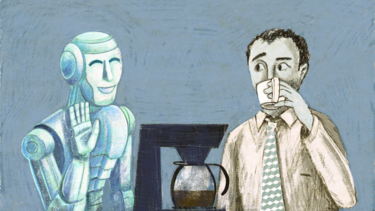
Confronting the Climate Crisis
Yale Insights is talking with the scholars and practitioners who are providing the expertise and leadership to make the adaptation and mitigation of this unprecedented challenge a reality.

